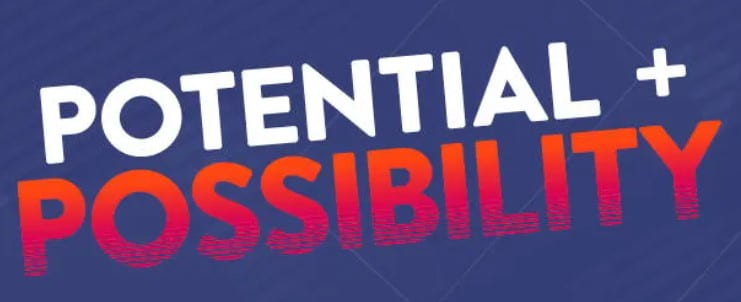University of Brighton’s public lecture in December shares insights into how stress hormones impact cancer.
Stress and cancer: The hidden link
Wednesday 4 December 2024 at 6.30pm, University of Brighton, Huxley Lecture Theatre (300), Huxley Building, Lewes Road, Brighton, BN2 4GJ
What is the hidden link between stress and cancer? The first inaugural lecture for this academic year at the University of Brighton aims to shed light on the impact of stress responses on the progression and treatment of the disease.
Join Professor Melanie Flint, Professor of Stress and Cancer Research and co-director of the Sussex Cancer Research Centre, on Wednesday 4 December when she explores how chronic stress impacts quality of life and its link to cancer.
Continue reading “University’s public lecture explores the link between stress and cancer”








